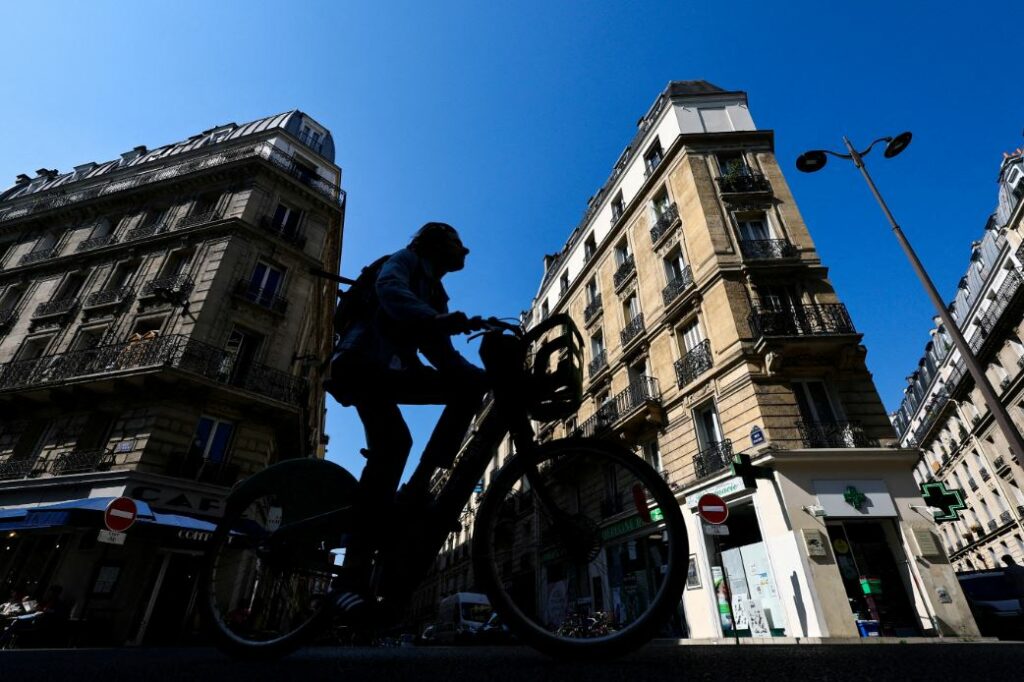
A wave of violent kidnappings targeting prominent figures in the French crypto scene has ignited deep fear and frustration among the nation’s crypto entrepreneurs. These attacks, often brazen and carried out in broad daylight, have forced industry leaders to reconsider their safety, daily habits, and even their stance on personal defense laws.
One such executive, Alexandre Aimonino, knows this danger all too well. At just 23 years old, the co-founder of a crypto compliance software company has radically changed his lifestyle. After seeing footage of a brutal attempted kidnapping targeting the daughter of another high-profile crypto CEO, Aimonino now avoids public transport, skips social events, and regularly changes his driving route home.
“Working in the ecosystem feels like having a target on your back,” Aimonino told Reuters.

A String of High-Profile Attacks
These concerns are not unfounded. In just a few short months, at least three disturbing kidnapping cases have rocked France’s crypto sector.
The most recent incident occurred on a Tuesday in broad daylight on a street in Paris. A masked gang attempted to abduct the daughter of Pierre Noizat, CEO of the French cryptocurrency firm Paymium. Though the attack failed, it sent shockwaves through the community.
This wasn’t an isolated case. Back in January 2025, the co-founder of Ledger, a major crypto hardware wallet company, and his wife were kidnapped. The details remain partially under wraps, but sources confirm that a ransom in cryptocurrency was demanded and paid. Fortunately, law enforcement recovered the funds quickly.
In another chilling case, which happened in May 2024, the father of a crypto company executive was kidnapped. Like the previous victims, he survived the ordeal, but both he and the Ledger co-founder lost a finger during their captivity.
Authorities launched investigations into each incident. After the January Ledger case, 10 people were brought in for questioning, though it’s unclear how many remain suspects. Following the May abduction, seven individuals were arrested, but two were released due to a lack of evidence.
Despite these efforts, the Paris prosecutor’s office has not released further details, leaving many unanswered questions about the identity and motives of the attackers.
A New Class of Targets
The cryptocurrency boom has created a generation of newly wealthy individuals, many of whom are young, visible online, and perceived as easy targets. The rapid rise in prices of assets like Bitcoin has drawn public attention to crypto millionaires, some of whom inadvertently display their wealth on social media.
According to security experts, this visibility, combined with the misconception that cryptocurrencies are untraceable and easy to launder, has made crypto executives ideal targets for criminal groups.
While traditional ransom demands often involve cash or bank transfers, cryptocurrency has become the go-to currency for kidnappers and cybercriminals. Its perceived anonymity and borderless nature give criminals a sense of protection, even though many blockchain transactions are traceable by investigators.

The Community Reacts: More Security, More Guns?
The recent attacks have triggered strong responses from France’s crypto community. Many entrepreneurs are taking personal security far more seriously, hiring private bodyguards, installing surveillance systems, and relocating to more secure neighborhoods.
But some are pushing even further. There are growing calls for looser gun laws, with crypto advocates demanding the right to carry firearms for personal defense. Others are lobbying for reduced crypto regulation, arguing that current transparency laws create a digital paper trail that makes it easier for criminals to identify and locate wealthy crypto holders.
“We’re forced to live in fear because we’re visible, and yet the government gives us no real tools to defend ourselves,” said one anonymous startup founder.
This reaction has sparked a heated debate in France, where strict gun control laws and regulatory oversight of digital assets are long-standing government policies. While deregulating cryptocurrency might increase anonymity, critics warn it could also increase the risk of illicit activity and further damage the reputation of the crypto industry.
A Global Problem
France’s recent wave of crypto kidnappings is not an isolated phenomenon. Worldwide, similar incidents have been reported as cryptocurrency becomes more mainstream.
From the kidnapping of a crypto trader in Hong Kong to extortion threats against high-net-worth investors in the United States, digital wealth is increasingly becoming a target for violent crime. The trend has pushed governments and security agencies around the globe to look into how they can better protect citizens without compromising digital innovation.
A Tense Future for French Crypto
For now, France’s crypto founders are left balancing innovation with risk. As startups grow and valuations climb, so too does the danger. The trauma left behind by these kidnappings is very real, and some fear it could discourage future entrepreneurs from entering the space.
With the attackers still at large in many cases and no clear strategy from the authorities, some in the community feel they are being left to defend themselves. Whether this leads to policy change, private security trends, or even more underground behavior remains to be seen.
But one thing is clear: being successful in cryptocurrency in France now means watching your back.























